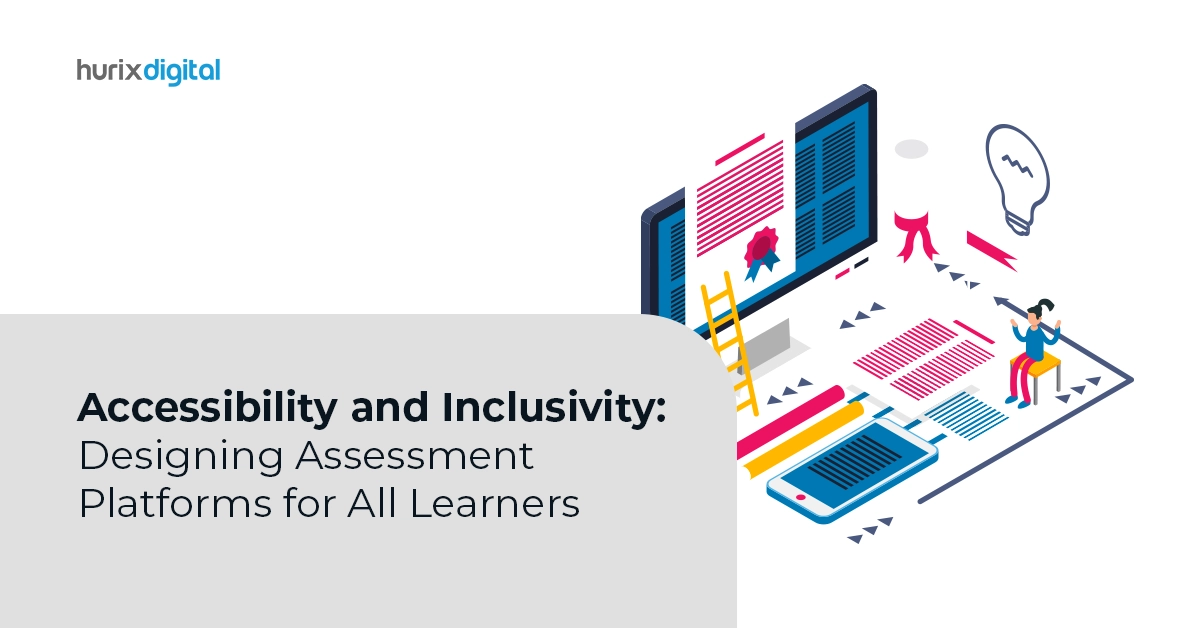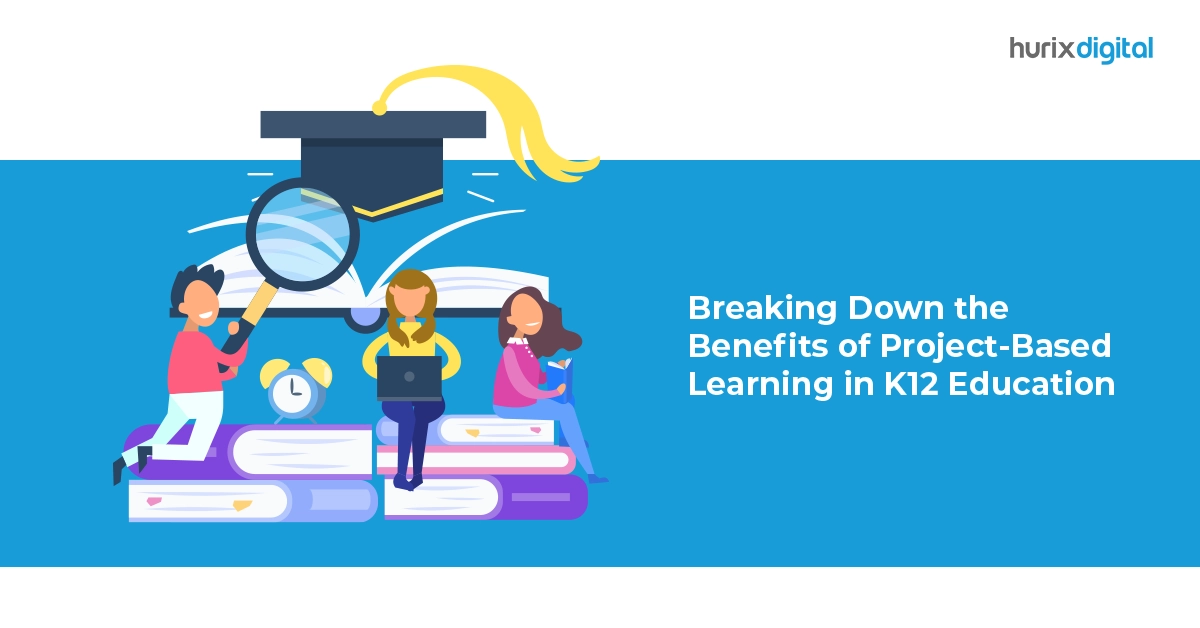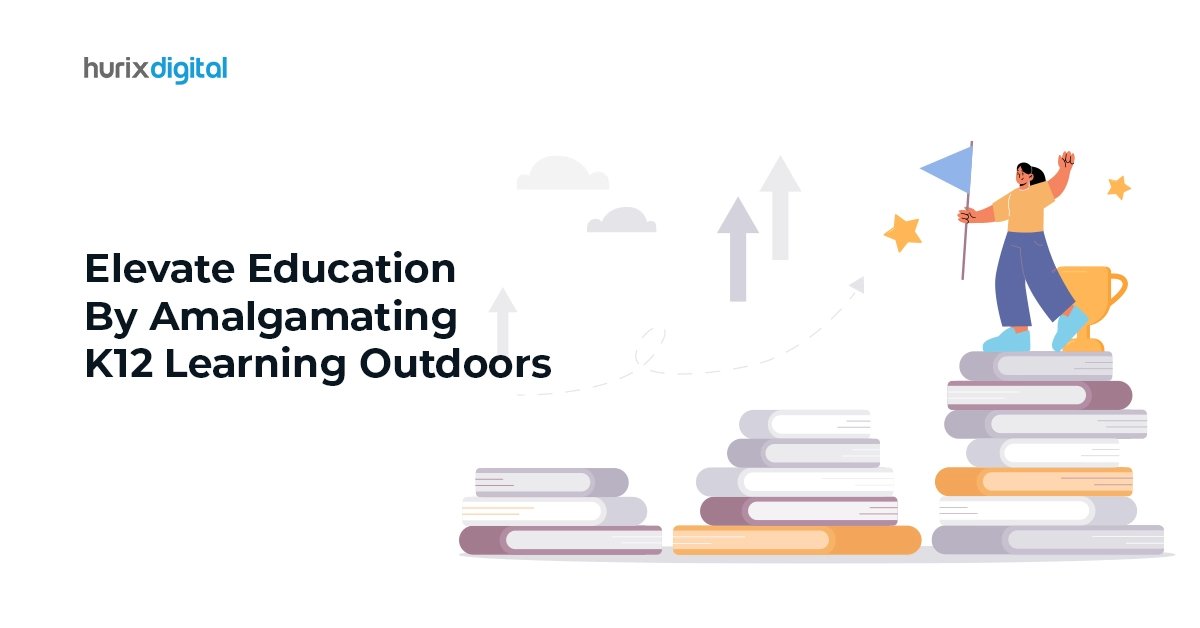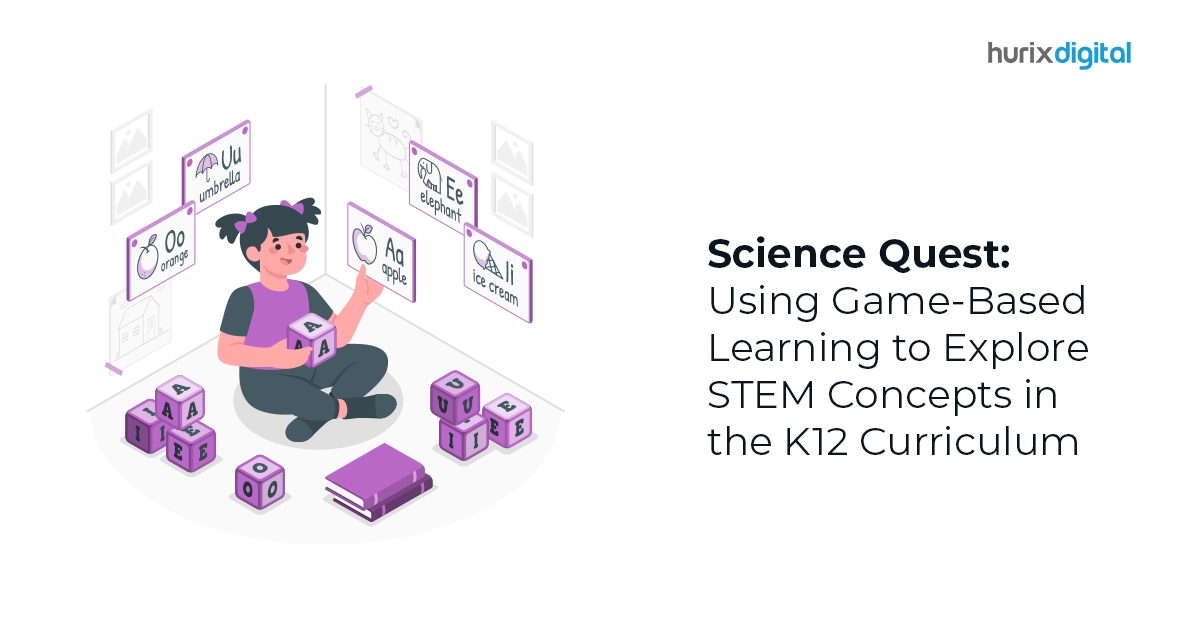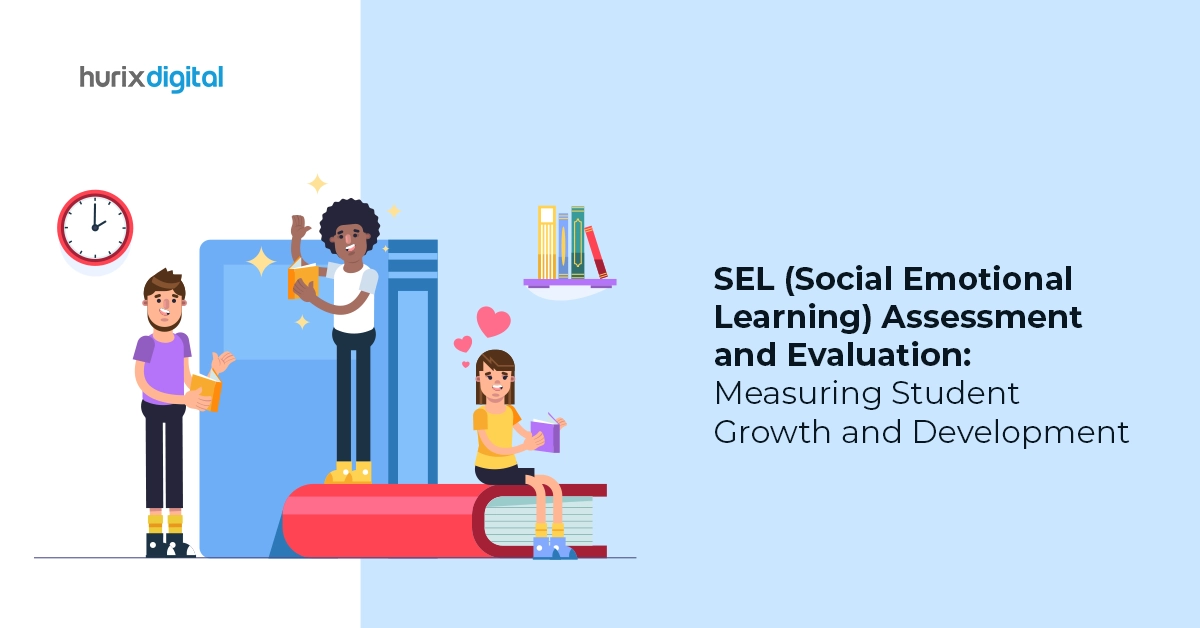
SEL (Social Emotional Learning) Assessment and Evaluation: Measuring Student Growth and Development
Have you ever wondered how essential it is to nurture not just academic excellence but also emotional intelligence and social skills in students? As the world has stepped into the digital age, it’s a big loss to avoid these essential skills, be it in personal or professional life.
The change we are experiencing has led us to emphasize these core skills even more. Companies are now inclined more towards individuals with high emotional intelligence and good social skills than those with high technical skills.
This shift cannot be overlooked, and for that, social-emotional learning (SEL) has emerged as a critical component in K12 education for holistic student development. In this blog, we will explore SEL assessment and evaluation, its significance, challenges, strategies, and impact on student growth.
Table of Contents:
- Understanding Social-Emotional Learning
- The Need for Assessment and Evaluation in SEL
- Implementing SEL Assessment and Evaluation in K12 Settings
- Analyzing and Interpreting SEL Data
- Conclusion
Understanding Social-Emotional Learning
Social-emotional learning (SEL) is a vital aspect of education that focuses on developing essential life skills beyond academics. It encompasses core competencies that are fundamental for students’ personal and social growth.
1. Core Competencies of SEL
SEL competencies serve as the building blocks for students to navigate challenges, encourage healthy relationships, and make sound decisions. As per CASEL (Collaborative for Academic, Social, and Emotional Learning), some key competencies of SEL are:
- Self-awareness: This involves understanding one’s emotions, strengths, and weaknesses. Self-awareness enables one to recognize feelings, thoughts, and behaviors, leading to a deeper understanding of themselves.
- Self-management: Self-management entails regulating emotions, setting goals, and maintaining self-discipline.
- Social awareness: Social awareness involves empathy, understanding others’ perspectives, and appreciating diversity.
- Relationship skills: Relationship skills encompass building and maintaining healthy relationships with peers and adults.
- Responsible decision-making: Making ethical and constructive choices in various situations.
2. The Role of SEL in Holistic Student Development
SEL plays a crucial role in nurturing students’ holistic development by equipping them with essential life skills that empower them to thrive in diverse environments and contribute positively to society.
Some of the essential life skills SEL equips students with:
- Empathy: Understanding and sharing the feelings of others.
- Resilience: Bouncing back from setbacks and adapting to challenges.
- Emotional regulation: Managing and expressing emotions effectively in different situations.
Also Read: Ethical Considerations of AI in K12 Education: Navigating the Future of Learning
The Need for Assessing SEL in K12 Education
Assessing SEL in K12 education is essential to gain insights into students’ emotional well-being, interpersonal skills, and overall growth.
It enables educators to customize interventions, provide targeted support, and create a nurturing learning environment conducive to students’ social and emotional development.
1. Benefits of Assessing SEL in K12 Education
Assessing SEL allows educators to identify strengths, areas for growth, and individual needs, facilitating personalized support and encouraging a positive learning environment. Some of these benefits include:
- Personalized interventions: Utilizing SEL enables educators to accurately identify individual student’s strengths, areas for growth, and specific needs. This personalized approach allows teachers to customize interventions and support strategies to effectively address each student’s unique social and emotional requirements.
- Creating a nurturing environment: Through SEL assessment, educators can cultivate a nurturing and supportive learning environment that promotes students’ emotional well-being and academic success.
- Enhanced student engagement: Assessing SEL helps educators understand students’ motivations, interests, and emotional triggers, leading to increased engagement in learning activities.
2. Challenges in Assessing SEL
SEL comes up with unique challenges that educators must address to ensure accurate and meaningful assessment outcomes that truly reflect students’ social and emotional competencies. Here are some of these challenges:
- Subjectivity: Evaluating emotions and interpersonal skills can be subjective.
- Lack of standardized tools: Limited availability of universally accepted digital assessment tools for SEL.
- Ongoing evaluation: Continuous assessment is needed to track students’ progress effectively.
3. Addressing the Challenges: Strategies and Approaches
To overcome the challenges of assessing SEL, educators can implement various strategies to enhance the effectiveness and accuracy of SEL assessment practices.
- Utilizing multiple assessment methods: Employing a diverse range of assessment methods, including self-reports, observations, and reflections, can provide a comprehensive view of students’ social and emotional competencies.
- Providing training on SEL assessment: Educating educators on effective assessment strategies.
- Encouraging a culture of emotional intelligence: Promoting the importance of social and emotional skills within the educational environment promotes a culture of emotional intelligence among students, teachers, and staff.
Implementing SEL Assessment and Evaluation in K12 Settings
Implementing SEL assessment seamlessly into the curriculum enhances student growth and overall performance.
1. Integration into Curriculum and Instruction
Aligning assessment practices with instructional goals nurtures academic and social-emotional growth.
- Create a cohesive approach to nurturing academic and social-emotional growth.
- Ensure alignment of assessment practices with instructional objectives.
- Implant SEL assessment into daily learning experiences.
2. Professional Development for Educators
Equipping educators with SEL assessment skills is crucial for student support. It helps educators to:
- Focus on understanding SEL, interpreting data, and implementing interventions.
- Provide training on effective assessment practices.
- Empower teachers to support students comprehensively.
3. Engaging Stakeholders: Students, Parents, and Community
Involving stakeholders enables a collaborative approach to student development. It helps stakeholders:
- Nurture open communication and share assessment results with stakeholders.
- Seek input from students, parents, and the community.
- Create a supportive network reinforcing the importance of SEL.
4. Role of Technology in Facilitating Assessment and Evaluation
Technology streamlines SEL assessment processes and enhances effectiveness.
- Use technology for efficient data collection, analysis, and personalized feedback.
- Enhance scalability and effectiveness of SEL evaluation efforts.
- Integrate technology to streamline assessment processes.
Analyzing and Interpreting SEL Data
Analyzing and interpreting social-emotional learning (SEL) data is critical in leveraging insights to guide interventions and support student growth effectively. Let’s delve deeper into the key aspects of analyzing and interpreting SEL data:
1. Data Collection and Management
Effective data collection involves diverse sources for informed decision-making.
- Gather data from surveys, observations, behavior logs, and student reflections.
- Organize data systematically to track progress over time.
- Identify trends and patterns for informed decision-making.
2. Interpreting Results: Identifying Strengths and Areas for Growth
Analyze data to pinpoint strengths and areas needing development for customized interventions.
- Recognize patterns and individual needs to support holistic growth.
- Customize interventions based on individual student needs.
3. Utilizing Data to Inform Instruction and Interventions
Data-driven decision-making maximizes the impact of SEL initiatives on student outcomes.
- Design targeted interventions based on data insights.
- Adjust instructional strategies using evidence-based approaches.
- Encourage a supportive learning environment through data-driven decisions.
Also Read: Robots aren’t Replacing Teachers: How AI Supports and Empowers Educators in K12
Conclusion
Assessing and evaluating social-emotional learning in K12 education is not just about measuring outcomes; it’s about nurturing students. By embracing SEL assessment, educators empower students to thrive academically, socially, and emotionally. Through strategic implementation, ongoing evaluation, and collaborative engagement with stakeholders, K12 institutions can cultivate a culture that values holistic student development.
Hurix Digital can significantly contribute to social-emotional learning (SEL) assessment and evaluation by leveraging its expertise in curriculum development and educational content solutions. Our involvement can entail comprehensively examining existing curriculum programs to identify seamless opportunities for integrating SEL assessment components.
To know more, contact us today!

Senior Vice President – Business Development
Over 25 years of experience in the edtech and workforce learning industry with strong skills in Business Development, Customer Relationship Management (CRM) and Strategy.





